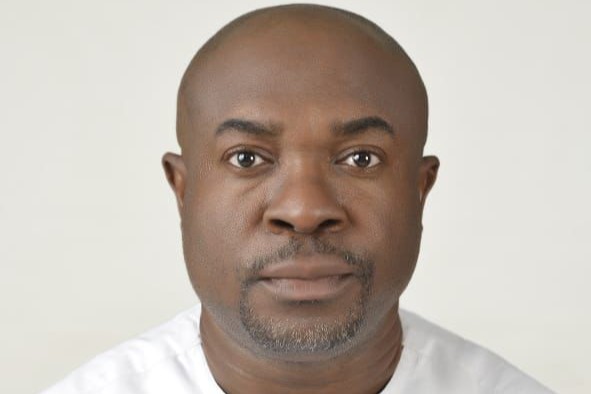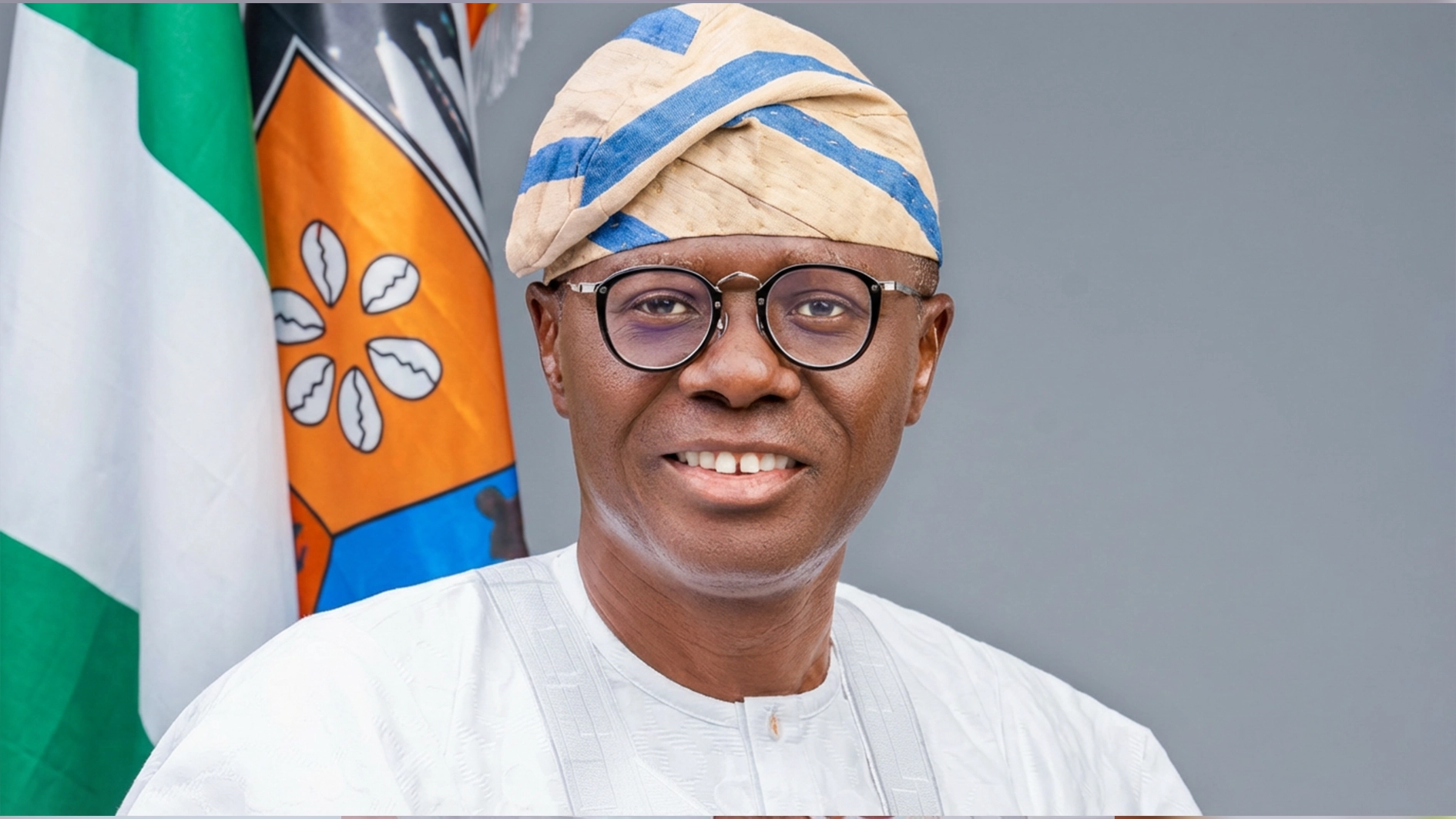
Celebrated policy expert and health economist, Dr. Njoku Francis Ulonna, is gaining traction nationally for his pioneering work in Value-Based Insurance Design (VBID)—a healthcare financing approach that emphasizes cost-effective treatments and improved patient outcomes.
Dr. Ulonna, who holds a Ph.D. in Policy Analysis and is a full member of the Institute for Health Insurance and Managed Care of Nigeria, has dedicated the last two decades to advancing health insurance models tailored to Nigeria’s unique challenges. At the National Health Insurance Authority (NHIA), he has led various teams focused on reducing wasteful spending while improving the quality of care. Under his stewardship, multiple pilot projects—such as TISHIP and CHBI—have recorded impressive results in cost containment and patient satisfaction.
READ MORE: RuralPro, FES Nigeria, NILDS train LGA workers on grassroots legislation
“VBID’s primary objective is to align insurance incentives with evidence-based medical practices,” Dr. Ulonna explained in an interview. “When done right, it encourages early interventions and prioritizes treatments with the highest value for patients, ultimately saving lives and cutting costs.”
His groundbreaking achievements have not gone unnoticed. In recognition of his outstanding contributions, Dr. Ulonna was honored with the Staff of the Year 2023 Award for Leadership and Innovation in Community Advocacy on CBSHI—one of the NHIA’s highest distinctions. Colleagues and international partners alike praise his dedication to creating insurance schemes that adapt global best practices to Nigeria’s socio-economic realities.
READ MORE: One of last four Rwanda genocide fugitives arrested in S.Africa
Professor U. Gabriel Moti, Director at the University of Abuja, underscores Dr. Ulonna’s role in making VBID a practical solution in low-resource settings:
“Dr. Ulonna has redefined how insurers, policymakers, and healthcare providers collaborate. His method identifies the most impactful interventions, thereby driving both efficiency and high-quality care,” Moti said.
Now, Dr. Ulonna is setting his sights on broader horizons. In the coming months, he plans to collaborate with international organizations to further refine VBID principles, particularly in underserved regions where out-of-pocket expenses often deter people from seeking timely care. Observers believe these collaborations could potentially expand VBID adoption across Africa, catalyzing a continental movement towards more sustainable healthcare systems.






